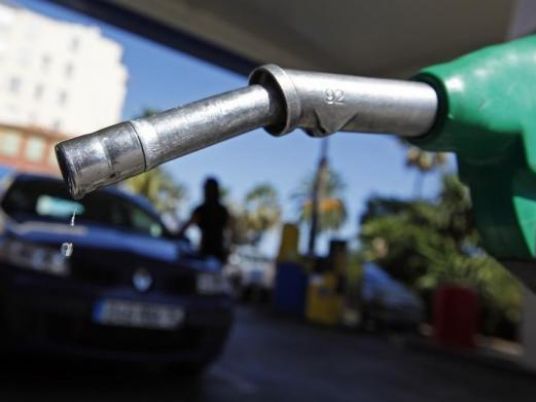
International rating agency Moody's has announced that Egypt's spending on fuel subsidies in the current fiscal year could be around 30% lower than budgeted ,due to impact from lower oil prices.
Moody's entitled in a report on Monday that "Egypt, Government of: Lower oil prices provide some support to sovereign's credit profile" .
In January, Moody's lowered its Brent oil price forecasts to $55 per barrel in 2015 and $65 in 2016, which for Egypt roughly translates into $70 per barrel for the fiscal year 2015 ending on 30 June, and $60 in fiscal 2016.
"The lower oil price environment will provide some degree of support to Egypt's sovereign credit profile, and will likely lead to a slight improvement in the country's balance of payments and — more importantly — in the government's fiscal accounts," says Steffen Dyck, a senior analyst at Moody's.
"We expect that potential further reductions in the fuel subsidy bill — which accounts for 13% of spending — will outweigh potential declines in oil-related revenues. This should support the government's strategy of reducing fiscal deficits, with an increased likelihood of the fiscal deficit narrowing beyond the budgeted 10% of GDP."
While the government received almost 15% of total revenues via corporate tax and dividend payments from Egypt General Petroleum Corporation in fiscal 2014, given upward adjustments to administered fuel prices and lower input costs, the net impact of lower oil prices on these revenues could actually be more muted.
Moody's projects that Egypt's current account balance will benefit slightly as a result of the lower oil price environment. The rating agency forecasts current account deficits of 1.5% and 2.3% of GDP, in 2015 and 2016 respectively.
And while the oil price environment provides limited support to economic growth, there are signs that Egypt's investment climate is improving, which in turn will likely help bolster revenue generation for the government, says Moody's. The rating agency expects foreign investment inflows to continue to improve, which will support foreign exchange reserve stabilization.
On October 2014 , Moody's changed Egypt's outlook to stable from negative and affirmed its Caa1 government bond rating.
